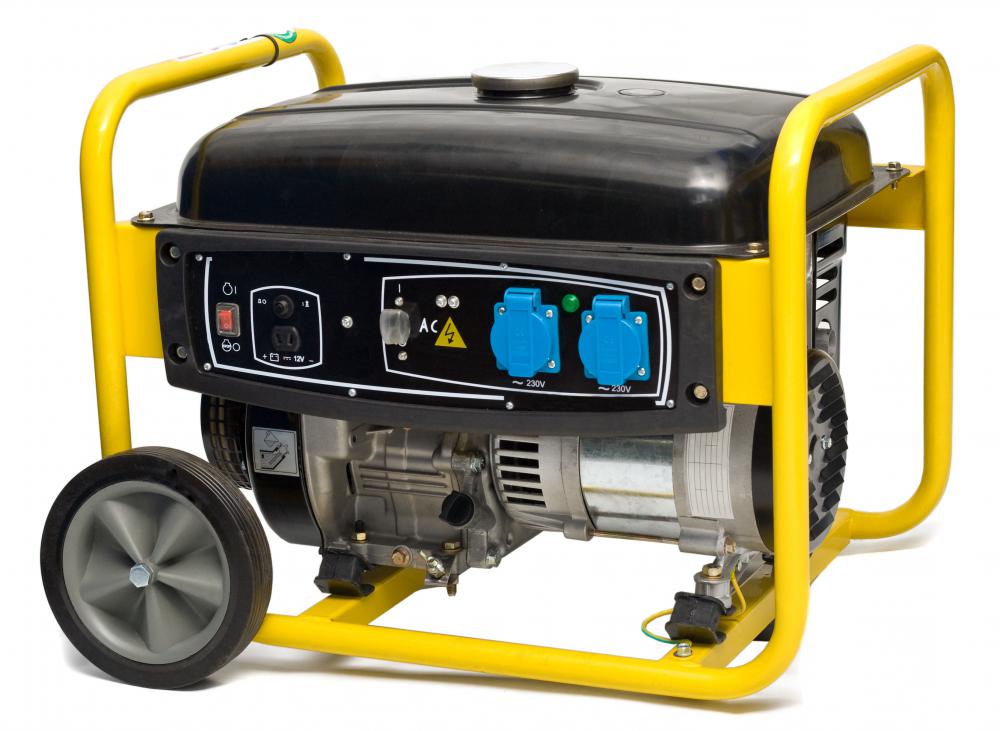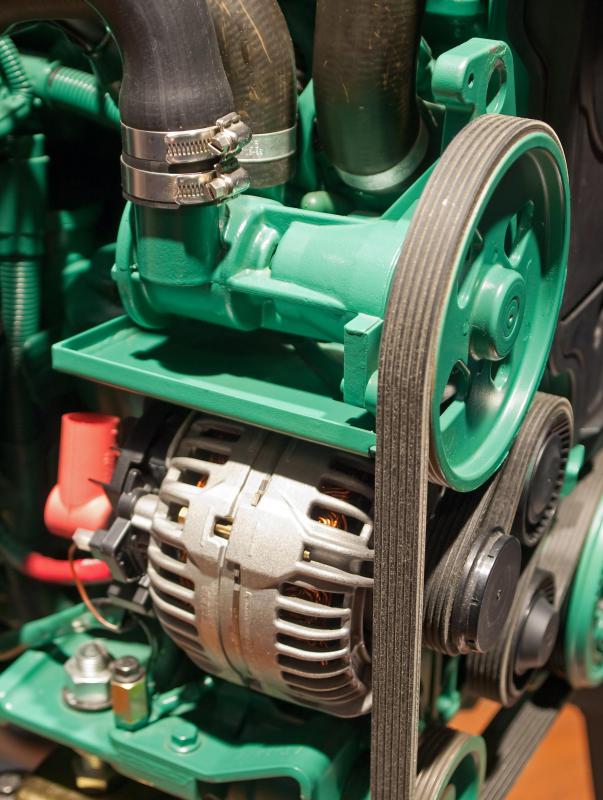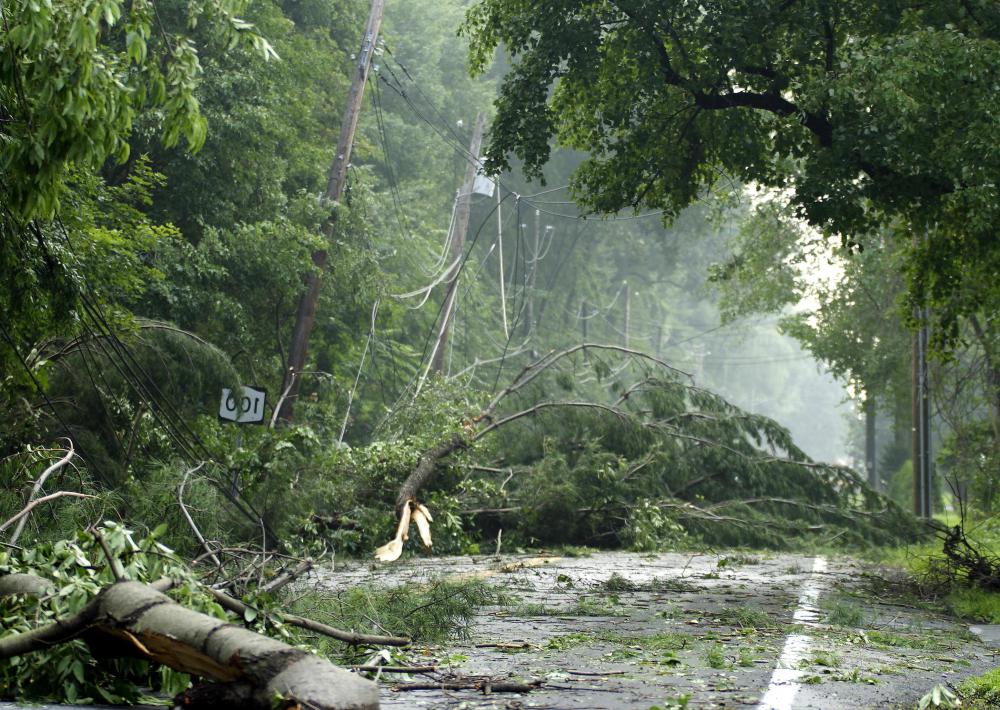At HomeQuestionsAnswered, we're committed to delivering accurate, trustworthy information. Our expert-authored content is rigorously fact-checked and sourced from credible authorities. Discover how we uphold the highest standards in providing you with reliable knowledge.
How do I Choose the Best Silent Generator?
When a regular power supply fails, or in places where commercially-generated power is not available, a power generator can be quite useful. A silent generator — also known as a quiet generator — is especially suitable in situations where the noise of a standard power generator would cause a disturbance for the users or those nearby. With the many different models of silent generators available, it is important to consider how quiet the generator needs to be, what it will be used to power, where it will be located, and how expensive it is to purchase and operate. Depending on the answers to these questions, choosing the best silent generator will involve weighing the trade-offs in generation capacity, design features, and price.
If the noise level of a generator is one of the main concerns, it can be helpful to decide exactly how quiet the generator must be to meet the users' needs. While not completely silent, a silent generator operates at a noise level of about 65 decibels or less, which is similar to the noise produced by two people having a conversation. In contrast, a standard generator can operate at noise levels of 100 decibels or more — about as loud as a power saw. Some of the quietest silent generators operate at about 50 decibels, which is comparable to the noise produced by a running refrigerator.

The design of a silent generator generally incorporates special materials that help to reduce vibration. Enclosures muffle the remaining noise. Although not a hard and fast rule, the higher the power output of a generator, the more noise it tends to produce when running.
As with other generators intended for residential use, the power output of silent generators varies. Many lower power models generate about 1,000 to 1,500 watts, while more powerful generators have an output of 7,000 or more watts. When choosing a generator, carefully consider the anticipated power demand it must meet. If the generator will be used to run a few small appliances, such as radios, lamps, or alarm clocks, a model with a lower power output should suffice. A model with a higher power output would be a better choice for those who need to run many appliances at once, or need to run appliances with a high energy demand, such as refrigerators or power tools.

It is also important to consider the location where the generator will be used. In a remote location without access to commercially-generated power, a silent generator may be used as the main source of power for a cabin or a home. Some models are more convenient for this purpose because they are able to be hard-wired into a residential electric system.

For outdoor use, where generators will be exposed to the elements, models with a rust-resistant finish are a better choice. Outdoor generators that are stationary can be further protected by the installation of a shelter. If, rather than having a fixed location, the generator will need to be moved from place to place, the size and weight of the generator is also worth considering. For portability, choose the smallest and lightest generator that will meet the anticipated power need.
In addition to noise level, power output and location, cost usually factors in when choosing the best silent generator. Both the purchase price and the cost of fuel — usually gasoline or diesel fuel — should be weighed against the noise level, power output, and other design features that make the generator more or less suitable for how it will be used. When comparing models by price, be sure to consider the value of any available warranties or extended service plans.
AS FEATURED ON:
AS FEATURED ON:













Discuss this Article
Post your comments